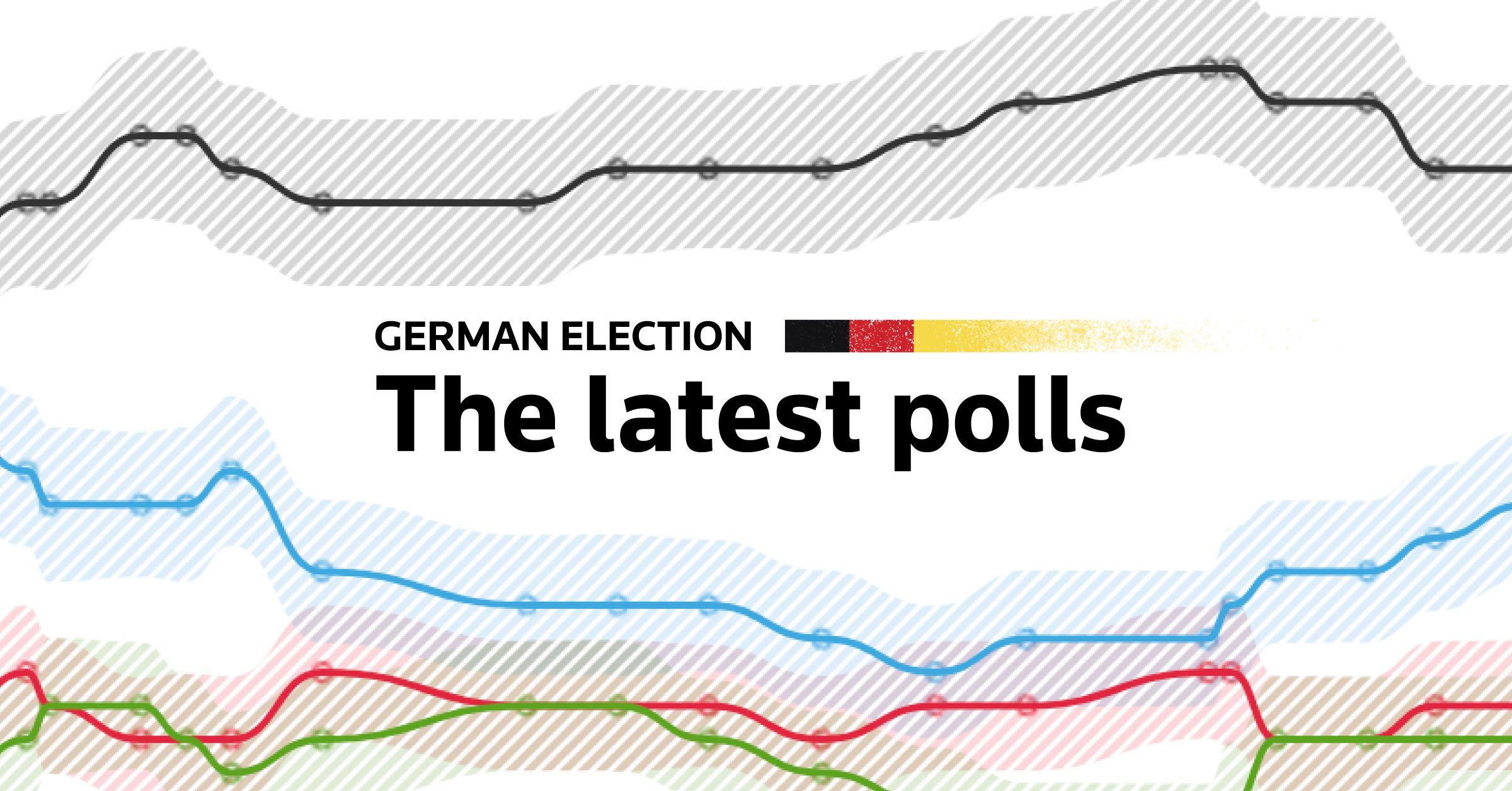
Germany is set to conduct an unexpected national election on February 23 due to the recent disintegration of Chancellor Olaf Scholz’s three-party coalition.
Recent polling data indicates that the CDU/CSU is currently ahead, boasting an 8-point lead over the AfD.
The far-right party, AfD, has experienced a notable rise of 4.7 points since June 2024. Meanwhile, the SPD, which is presently the leading party in the national parliament, has seen a decline of 12.0 points since the last federal elections and currently sits in third place.
In Germany, there are two major centrist parties: the centre-left Social Democrats (SPD), led by Scholz, and the opposition alliance formed by the Christian Democrats (CDU) along with their Bavarian counterpart, the Christian Social Union (CSU).
Both of these traditional parties have lost support recently, allowing smaller factions like the Greens and the far-right Alternative for Germany (AfD) to gain momentum.
All parties, including the SPD, conservatives, Greens, and AfD, are presenting candidates for the chancellorship.
Additionally, the pro-market Free Democrats (FDP), the far-left Linke party, and the leftist Sahra Wagenknecht Alliance (BSW) are also in the race. However, recent opinion polls suggest they may struggle to achieve the necessary 5% share of the vote to secure parliamentary representation.









